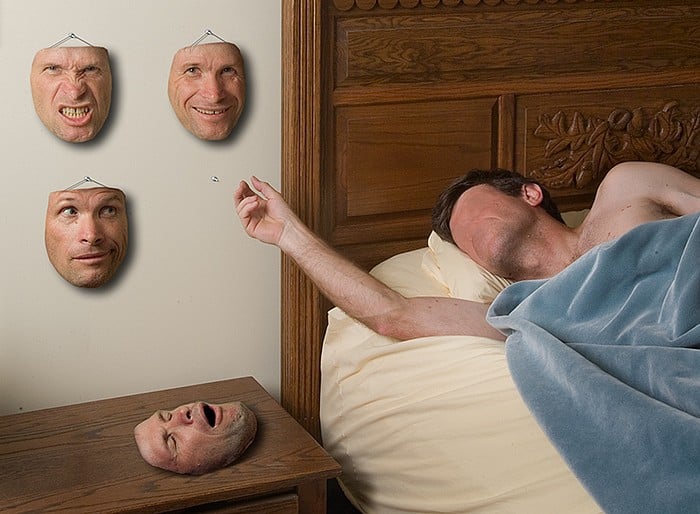The series on immorality is still ongoing, and the next post will go up this evening. But now for something completely different…
Last night, the pop juggernaut/variety show/karaoke hour that is the TV show Glee decided get religion. If you don’t follow the show, the title of the episode “Grilled Cheesus” may give you a hint about the taste level of the show.
In brief, one of the students makes a grilled cheese sandwich that appears to be imprinted with the face of Jesus. He takes up prayer and tries to express gratitude for his sandwich’s wish-granting powers by leading his show choir team in songs about religion. This leads him into conflict with Kurt, another student in show choir who is gay, an atheist, and whose father is in an aneurysm-induced coma for most of the episode.
Atheists in the blogosphere have already registered some complaints about the episode, and I share a number of them. Personally, I don’t think much of the Problem of Evil as a justification for atheism, so I was frustrated that it seemed to be a large part of the rationale behind some of the character’s beliefs. Although there was a good dialogue between a Christian teacher and the atheist cheerleading coach, it’s awkward to place one of the best defenses of atheism and secularism in the mouth of the undisputed villain of the show. Worst of all for me as a civil libertarian, was the way that the show blatantly misrepresented the church/state divide as being much more restrictive and unreasonable than it is in actuality.
I’m inclined to say that people of faith have more to complain about than I do, however. If the atheism presented on Glee was standoffish and cold, the Christianity was so empty as to be completely uncompelling. Richard Beck’s post yesterday on “Mortalistic Therapeutic Deism” pegged the empty religion of the Glee characters perfectly. Christian Smith outlines the basic creed of Moralistic Therapeutic Deism in Soul Searching: The Religious and Spiritual Lives of American Teenagers:
This is not a religion of repentance from sin, of keeping the Sabbath, of living as a servant of a sovereign divine, of steadfastly saying one’s prayers, of faithfully observing holy days, of building character through suffering, of basking in God’s love and grace, of spending oneself in gratitude and love for the cause of social justice, etcetera. Rather, what appears to be the actual dominant religion among U.S. teenagers is centrally about feeling good, happy, secure, at peace. It is about obtaining subjective well-being, being able to resolve problems, and getting along amiably with other people…It is thus no wonder that so many religious and nonreligious teenagers are so positive about religion, for the faith many of them have in mind effectively helps to achieve a primary goal: to feel good and happy about oneself and one’s life.
This is precisely the empty, self-indulgent spirituality that the Glee students urge Kurt to accept. Although Kurt mentions that a great deal of Christianity would not be welcoming to him as an out gay man, his friends reject the idea that Christianity would ever ask people to sacrifice for the sake of their faith. There’s no implication that any religion could ask anything more than being generally decent, and the kids seem to believe that a reasonable religion certainly wouldn’t conflict with our modern understanding of morality. One student says:
“What I don’t like seeing is people using [Jesus] to cramp everyone’s style. It seems to me that true spirituality, or whatever you want to call it, is about enjoying the life you’ve been given.”
This type of religion disgusts me. It fuses the secular values that most of us subscribe to with the certainty of religion, making them unquestionable and dangerous. It elevates a placid happiness as the greatest good, placing it above virtue and right action. No matter how off-putting the atheism presented in Glee was, it is certainly superior to the cotton-swaddling God presented by the other students.
Hulu only keeps videos up for ~5 weeks, so if you’re coming to this post from the far future, the embedding will not work for you. Sorry for the inconvenience, but, back here in the past, we didn’t have jetpacks, so we all have to learn to live with disappointment.














